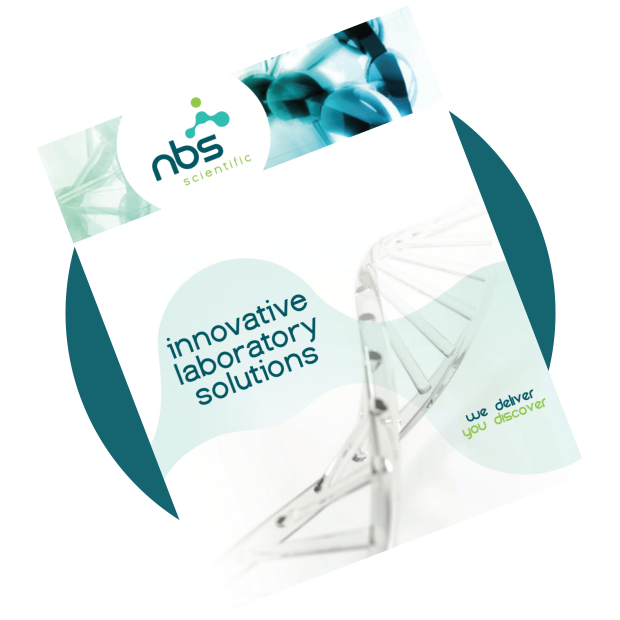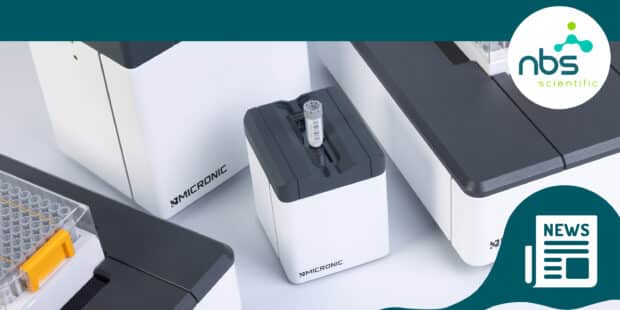
Switzerland: The European hub of life sciences
When most people think of Switzerland, images of stunning Alpine landscapes, fine chocolate, and luxury watches come to mind. Yet beyond these picturesque attractions, Switzerland thrives as a global powerhouse in life sciences.
From world-leading pharmaceutical giants to cutting-edge biotech startups, Switzerland has firmly established itself as a central hub for biotech, MedTech, and pharma industries. It is not just a European leader but a global benchmark in life sciences innovation.
But what makes Switzerland such a dominant force in the life sciences sector?
A strong heritage in pharma and biotechnology
Despite its small size, Switzerland consistently ranks among the most innovative countries globally. It is renowned for the highest quality of staff training and exceptional graduate skills across scientific disciplines. [1]
Switzerland’s life sciences legacy dates back over a century, with industry titans such as Novartis and Roche, two of the world’s five largest pharmaceutical companies, originating here. Companies like Lonza, founded in the late 19th century, have also been instrumental in building Switzerland’s thriving ecosystem.
In 2023, the Swiss biotech sector generated record revenues of CHF 7.3 billion, up from CHF 6.8 billion in 2022.[2]
World-class institutions driving innovation
Switzerland’s strength in life sciences is underpinned by its prestigious educational institutions. Universities such as ETH Zurich and the University of Basel are recognized for their contributions to pharmaceutical research, biomedical engineering, and biotechnology.
These institutions attract top global talent with state-of-the-art research facilities and strong industry ties, creating a steady pipeline of skilled professionals who fuel the country’s innovation engine.
A culture of collaboration
Collaboration is at the core of Switzerland’s life sciences success story. Industry players, academic institutions, and government bodies work closely together, creating a highly networked ecosystem.
A notable example is the partnership between Lonza and Moderna during the COVID-19 pandemic, where they collaborated to manufacture Moderna’s mRNA vaccine. This demonstrated Switzerland’s agility and leadership in rapid biotechnological innovation.[3]
Central Location in Europe
Switzerland’s strategic location at the heart of Europe offers unparalleled access to key markets. Companies benefit from proximity to major European economies like Germany, France, and Italy, facilitating efficient distribution and regulatory navigation across the continent.
This geographic advantage enhances Switzerland’s attractiveness as a launchpad for international expansion.
A dominant pharma industry
The pharmaceutical sector is a cornerstone of the Swiss economy. In 2023, the life sciences sector, including pharmaceuticals, vitamins, and diagnostics accounted for 38.5% of total Swiss exports, contributing CHF 105.5 billion to foreign trade.[4]
This economic might is matched by sustained investment: Switzerland spends nearly 3.4% of its GDP on research and development (R&D), ensuring continuous growth and innovation in the sector.[5]
Leading in medical technology innovation
Switzerland is a global leader in patent filings, particularly in life sciences. In 2019, it recorded the highest number of European patent applications per capita, with 8,249 applications.[6]
The Swiss MedTech industry, encompassing over 1,400 companies, employs approximately 63,000 people, reinforcing the country’s reputation as a cradle for innovation in medical devices and diagnostics.[7]
Legislative and economic advantages
Switzerland’s business-friendly legislation plays a significant role in attracting life sciences investments. Key advantages include:
- Flexible labor laws allow agile workforce management.
- Strong intellectual property protections, providing security for innovation.
- Attractive tax incentives for companies engaged in R&D, including deductions and lower effective tax rates on qualifying income. For instance, the ‘Swiss patent box’ offers reduced tax rates on income derived from intellectual property.[8]
These conditions create a stable and highly supportive environment for life sciences companies to thrive.
Government funding for life sciences research
The Swiss government actively supports innovation through grants, research funding programs, and public-private partnerships. Organizations like Innosuisse (the Swiss Innovation Agency) offer targeted support for early-stage research and commercialization of new technologies in life sciences.[9]
Such government backing significantly lowers barriers to entry and accelerates translational research and market-ready innovation.
In conclusion
Switzerland’s leadership in life sciences is the result of a unique combination of historical strength, world-class education, innovation-driven policies, and a culture of collaboration.
Beyond its postcard-perfect landscapes, Switzerland has built a global reputation for excellence in pharmaceuticals, biotechnology, and medical technology. Supported by pro-business legislation and sustained government investment, the country continues to attract organizations and talent from all over the world.
Looking ahead, Switzerland is poised to not only maintain but strengthen its position as a global epicenter of life sciences innovation, driving scientific discovery and improving health outcomes worldwide.




